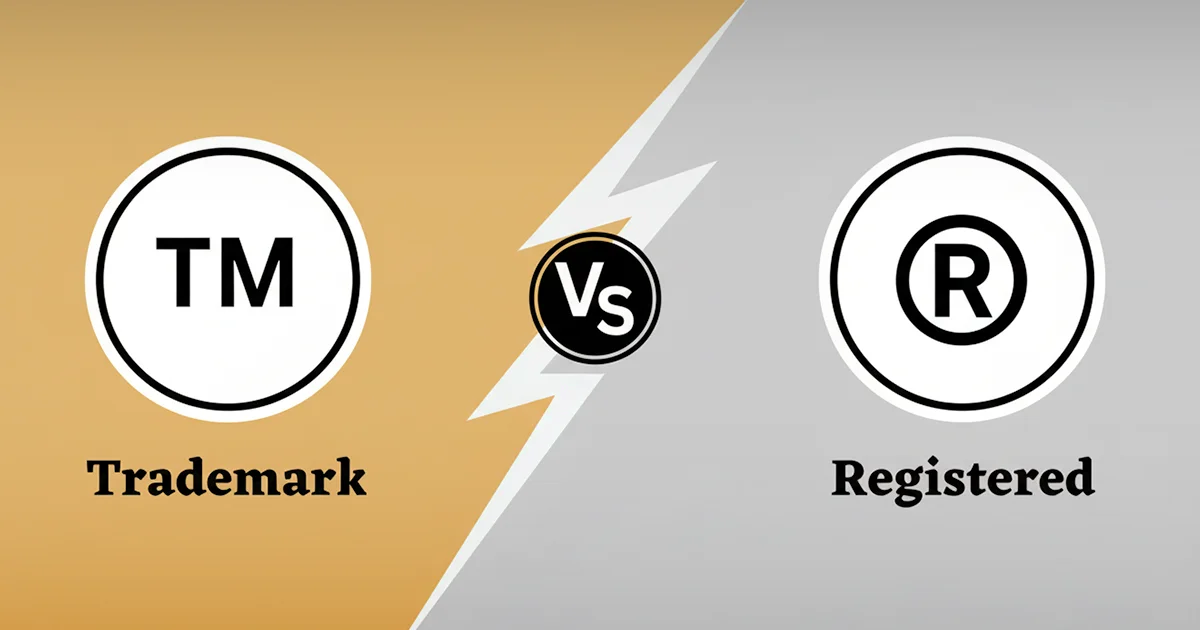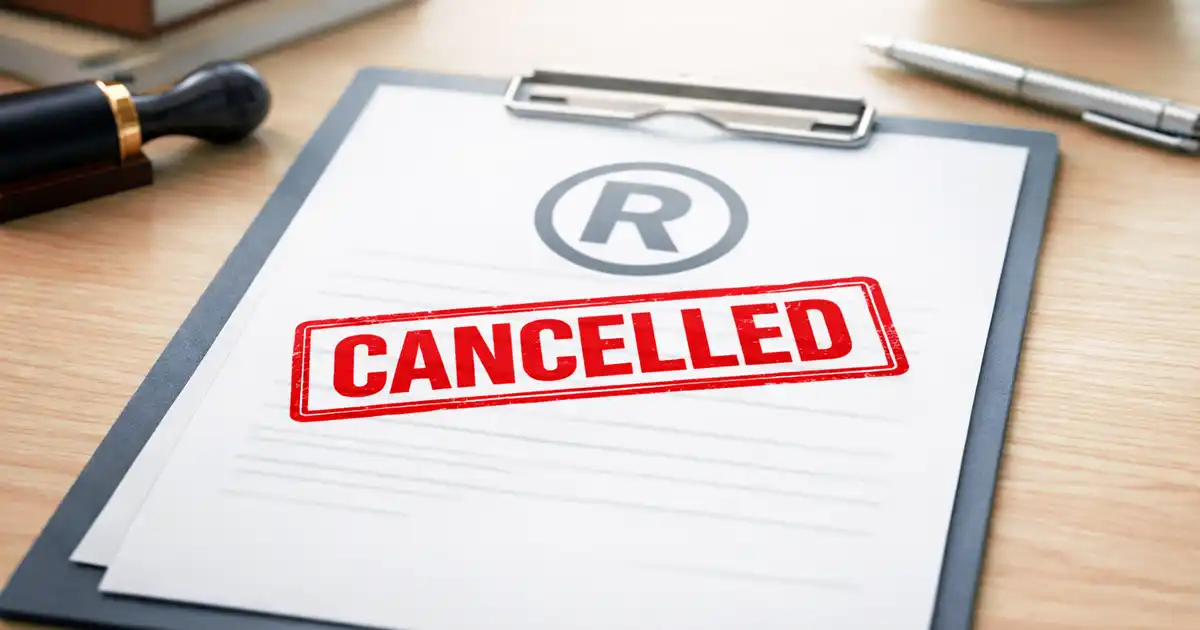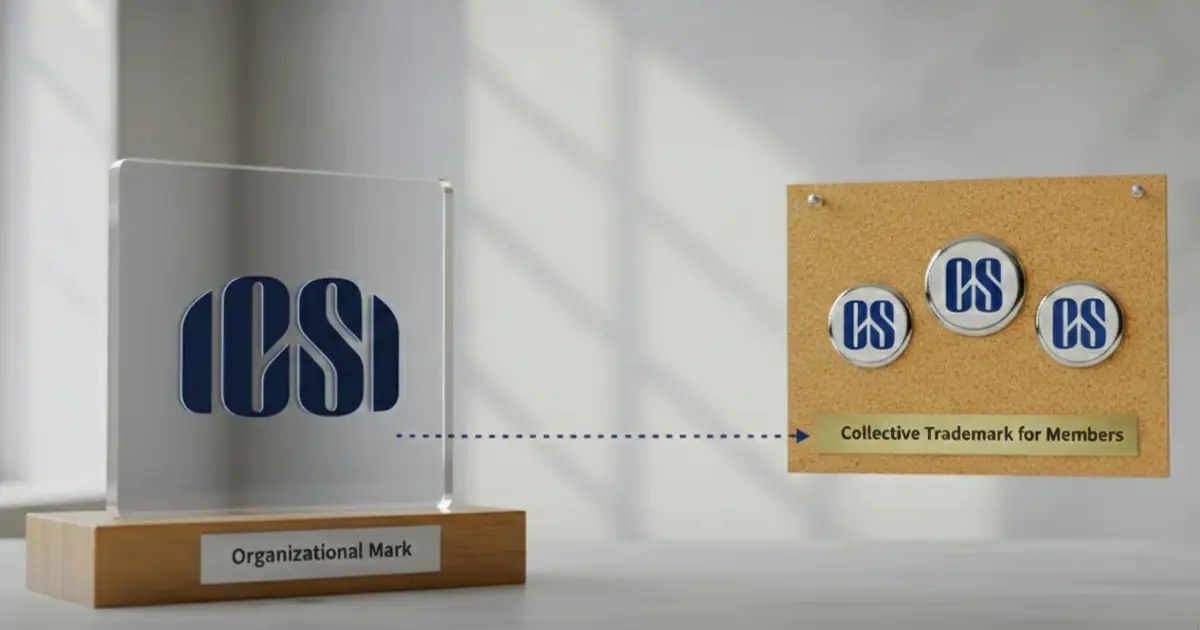
Introduction
In India’s electrical industry, safety and quality are paramount. PVC cables play a crucial role in electrical installations, ensuring safe power transmission. To maintain high standards, the BIS ISI Certification for PVC Cables is mandatory. The Bureau of Indian Standards (BIS) grants ISI certification, ensuring PVC cables meet national safety and performance benchmarks. The electrical industry is evolving rapidly, with PVC cables being widely used in residential, commercial, and industrial applications.
The Certification for PVC Cables in India acts as a mark of quality, ensuring that the cables meet national safety regulations. Whether you’re a manufacturer looking to certify your products or a consumer seeking reliable electrical components, understanding the significance of BIS ISI Certification for PVC Cables is essential. This guide will walk you through the certification process, its benefits, and how it impacts the industry and will provide a comprehensive understanding of BIS ISI Certification for PVC Cables, its benefits, requirements, and the application process.
What is BIS ISI Certification for PVC Cables?
The BIS Certification for PVC Cables is a quality assurance mark provided by the Bureau of Indian Standards (BIS). It signifies that the product meets the required BIS ISI (Indian Standards Institute) specifications under IS 694:2010. This is essential for manufacturers producing certification in PVC cables, ensuring compliance with cable standards and safety regulations.
Secure more business opportunities by obtaining BIS ISI Certification for PVC Cables. RegisterKaro helps you navigate the process smoothly.
Why is BIS Certification Required for PVC Cables?
The BIS ISI Certification for PVC Cables is essential due to the following reasons:
- Ensures Safety – Certification in PVC cables undergo rigorous testing to prevent electrical hazards such as fire and short circuits.
- Regulatory Compliance – Government regulations mandate BIS ISI certification for PVC insulation and other electrical components.
- Quality Assurance – Customers and businesses trust certified PVC cables for their safety and durability.
- Market Acceptance – BIS-certified PVC cables in India gain credibility and wider acceptance in the market.
- Legal Requirement – Selling non-certified PVC cables can lead to legal penalties and business losses.
Key Standards for BIS ISI Certification for PVC Cables
The BIS Certification for PVC Cables follows specific cable standards under IS 694:2010, which include:
- Conductor Quality: Copper or aluminum conductors should meet prescribed standards.
- PVC Insulation: The PVC insulation must be flame retardant and resistant to moisture and temperature variations.
- Sheath and Armor: If applicable, the outer sheath must be durable and non-reactive to external environmental conditions.
- Electrical Properties: Resistance, dielectric strength, and insulation resistance should align with prescribed electrical certification norms.
Selling non-certified PVC cables in India can result in penalties and business losses. Stay ahead of regulations with RegisterKaro’s BIS certification service.
Eligibility Criteria for BIS ISI Certification for PVC Cables
Manufacturers producing PVC cables must fulfill the following requirements to apply for BIS ISI Certification for PVC Cables:
- A registered manufacturing unit in India: The manufacturing unit must be registered under the appropriate authority in India to legally produce and distribute PVC cables with BIS certification.
- Compliance with IS 694:2010: The PVC cables must meet the specifications outlined in IS 694:2010, ensuring safety and performance standards are met for electrical wiring.
- Necessary testing facilities or third-party BIS-approved testing labs: The unit must have access to BIS-approved testing facilities or partner with third-party labs to conduct mandatory tests for quality assurance.
- Quality control measures as per BIS guidelines: The manufacturer must implement strict quality control procedures in line with BIS guidelines to ensure consistent product quality and adherence to certification standards.
Documents Required for BIS Certification for PVC Cables
To obtain BIS ISI Certification for PVC Cables, manufacturers must submit:
- Company Registration Certificate
- Manufacturing Unit Details
- Test Reports from BIS Recognized Labs
- Quality Control System Documents
- Declaration of Conformity to cable standards
- Application Form (Form V)
Tired of the long and complex certification process? Let RegisterKaro handle it for you with our expert-led, time-efficient solutions. Contact us.
BIS ISI Certification Process for PVC Cables
The BIS ISI certification process for PVC cables involves rigorous testing for safety, quality, and performance to ensure compliance with Indian standards, providing consumers with reliable and durable products.
Step 1: Application Submission
Manufacturers need to submit an online application via the Manak Online Portal with all required documents for BIS Certification for PVC Cables.
Step 2: Factory Inspection
BIS officials conduct an inspection of the manufacturing unit to verify compliance with BIS ISI requirements.
Step 3: Sample Testing
Product samples are sent to BIS-approved laboratories for testing to ensure they meet cable standards.
Step 4: Certification Grant
Upon successful testing and verification, the manufacturer is granted the BIS ISI Certification for PVC Cables and can use the ISI mark on their products.
Step 5: Surveillance and Renewal
Regular audits and product testing are conducted to maintain compliance. The certificate requires periodic renewal based on compliance status.
Benefits of BIS ISI Certification for PVC Cables
BIS ISI certification for PVC cables ensures compliance with safety and quality standards, enhancing product reliability and consumer confidence in its performance and durability.
- Consumer Trust – Certification assures customers of high-quality and safe PVC cables in India.
- Legal Compliance – Avoid penalties and market bans by complying with BIS requirements.
- Competitive Advantage – BIS-certified PVC cables have a better reputation in the market.
- Business Growth – Certified products help in expanding market reach, including government and industrial tenders.
- Reduction in Product Defects – Adhering to electrical certification norms enhances product durability.
Secure more business opportunities by obtaining BIS ISI Certification for PVC Cables. RegisterKaro helps you navigate the process smoothly.
Challenges in Obtaining BIS Certification for PVC Cables
While the certification process is beneficial, manufacturers may face challenges such as:
- Strict Testing Norms – Meeting cable standards requires stringent quality control.
- Time-Consuming Process – The application, testing, and inspection can take several months.
- Compliance Costs – Ensuring BIS compliance involves financial investment in testing and manufacturing processes.
- Regular Audits – Manufacturers must maintain consistency to avoid certification suspension.
BIS ISI Certification Cost for PVC Cables
The BIS Certification for PVC Cables cost varies based on:
- Application Fees: ₹25,000 – ₹50,000
- Testing Fees: ₹40,000 – ₹1,00,000 (depending on cable type)
- Inspection and Audit Fees: ₹30,000 – ₹70,000
- Annual License Fee: ₹50,000 – ₹1,00,000
Don’t let compliance delays slow down your business. RegisterKaro simplifies the BIS Certification for PVC Cables with expert consultation and end-to-end support.
How to Maintain BIS ISI Certification for PVC Cables
To maintain BIS ISI certification for PVC cables, steps required as follows:
- Regular Testing – Conduct in-house and third-party testing for quality control.
- Compliance Updates – Stay updated with amendments in cable standards.
- Factory Audits – Ensure periodic audits to maintain BIS ISI approval.
- Record-Keeping – Maintain detailed records of testing, production, and compliance reports.
- Training and Awareness – Educate staff about BIS guidelines and production quality measures.
Conclusion
The BIS Certification for PVC Cables is a crucial requirement for manufacturers to ensure compliance with safety and quality standards. Obtaining BIS ISI certification not only enhances product credibility but also ensures consumer safety and business growth. By following proper procedures and maintaining quality compliance, manufacturers can easily navigate the certification process and expand their market reach. In an era where electrical safety is paramount, ensuring compliance with BIS ISI Certification for PVC Cables in India is no longer an option but a necessity. Manufacturers that prioritize certification not only contribute to public safety but also enhance their market reputation. By adhering to cable standards and maintaining quality control, businesses can establish long-term credibility and increase customer trust. As regulations become more stringent, obtaining and maintaining BIS ISI certification will remain a key factor in the success of PVC cables in India manufacturers. If you’re looking to get your PVC cables certified, now is the time to take proactive steps toward compliance.
For expert assistance in obtaining BIS ISI Certification for PVC Cables, contact RegisterKaro consultant today!
Frequently Asked Questions
A: It typically takes 3-6 months depending on factory inspection, sample testing, and document approval.




